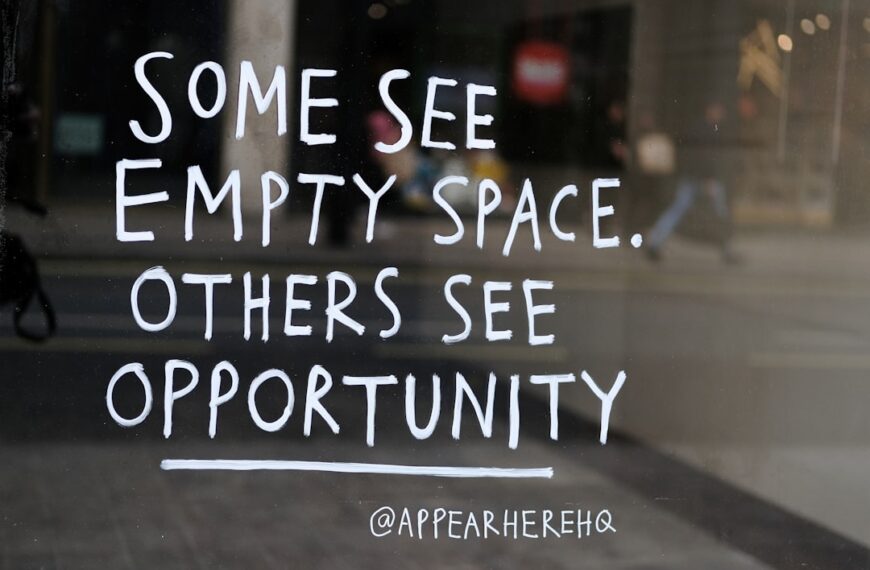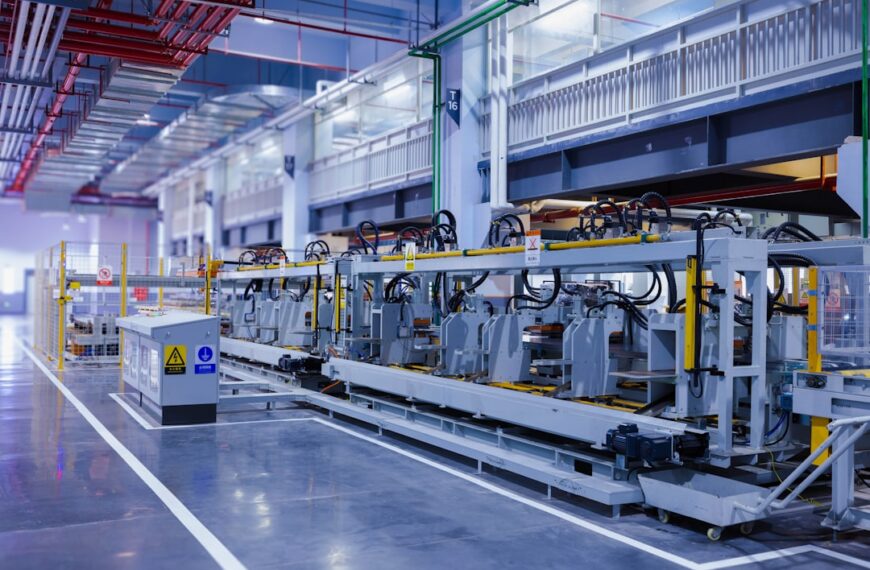For decades, our economic model has been linear: take, make, dispose. We extract raw materials, manufacture products, and then discard them, often sending valuable resources to landfills. This approach is not only environmentally unsustainable, leading to pollution, resource depletion, and climate change, but it’s also economically inefficient. We’re essentially throwing money away – literally. The circular economy offers a compelling alternative, a pathway to both environmental stewardship and lasting economic prosperity.
The core principle of the circular economy is to keep resources in use for as long as possible, extracting maximum value before responsibly recovering and regenerating them at the end of each service life. Instead of a linear trajectory, it envisions a closed-loop system, minimizing waste and maximizing resource efficiency. This involves a shift in thinking across several key areas:
Design for Durability and Reusability: Products need to be designed for longevity, repairability, and recyclability from the outset. This requires manufacturers to prioritize quality materials, modular design, and easily accessible parts. Planned obsolescence, a cornerstone of the linear economy, must be actively challenged.
Innovation in Recycling and Waste Management: We need advancements in recycling technologies to handle more complex materials and improve the quality of recycled materials. This includes developing innovative sorting and processing methods and finding new applications for recycled materials. Reducing waste generation through better design and consumption habits is equally crucial.
Sharing and Collaborative Consumption: The sharing economy, encompassing platforms for renting, leasing, and borrowing goods, plays a vital role in reducing consumption and extending the lifespan of products. This promotes resource efficiency and reduces the demand for new materials.
Sustainable Procurement and Supply Chains: Businesses need to adopt sustainable procurement practices, sourcing materials responsibly and prioritizing suppliers committed to circular economy principles. This includes tracing materials throughout their lifecycle and ensuring fair labor practices.
Economic Benefits of a Circular Economy: The shift towards a circular economy is not just an environmental imperative; it offers significant economic opportunities. It creates new jobs in areas like recycling, remanufacturing, and resource recovery. Businesses can reduce their operating costs by minimizing waste and optimizing resource use. Increased efficiency and innovation drive economic growth. Finally, a healthier environment supports a healthier and more productive society.
Challenges and Opportunities: Transitioning to a circular economy is not without its challenges. It requires significant investment in new technologies and infrastructure, as well as changes in consumer behavior and business practices. However, the potential rewards are immense. Governments, businesses, and individuals all have a crucial role to play in driving this transition. Through collaboration, innovation, and a commitment to sustainable practices, we can create a more prosperous and resilient future for all. The circular economy is not just a sustainable path; it’s a path to a more equitable and economically vibrant future.










